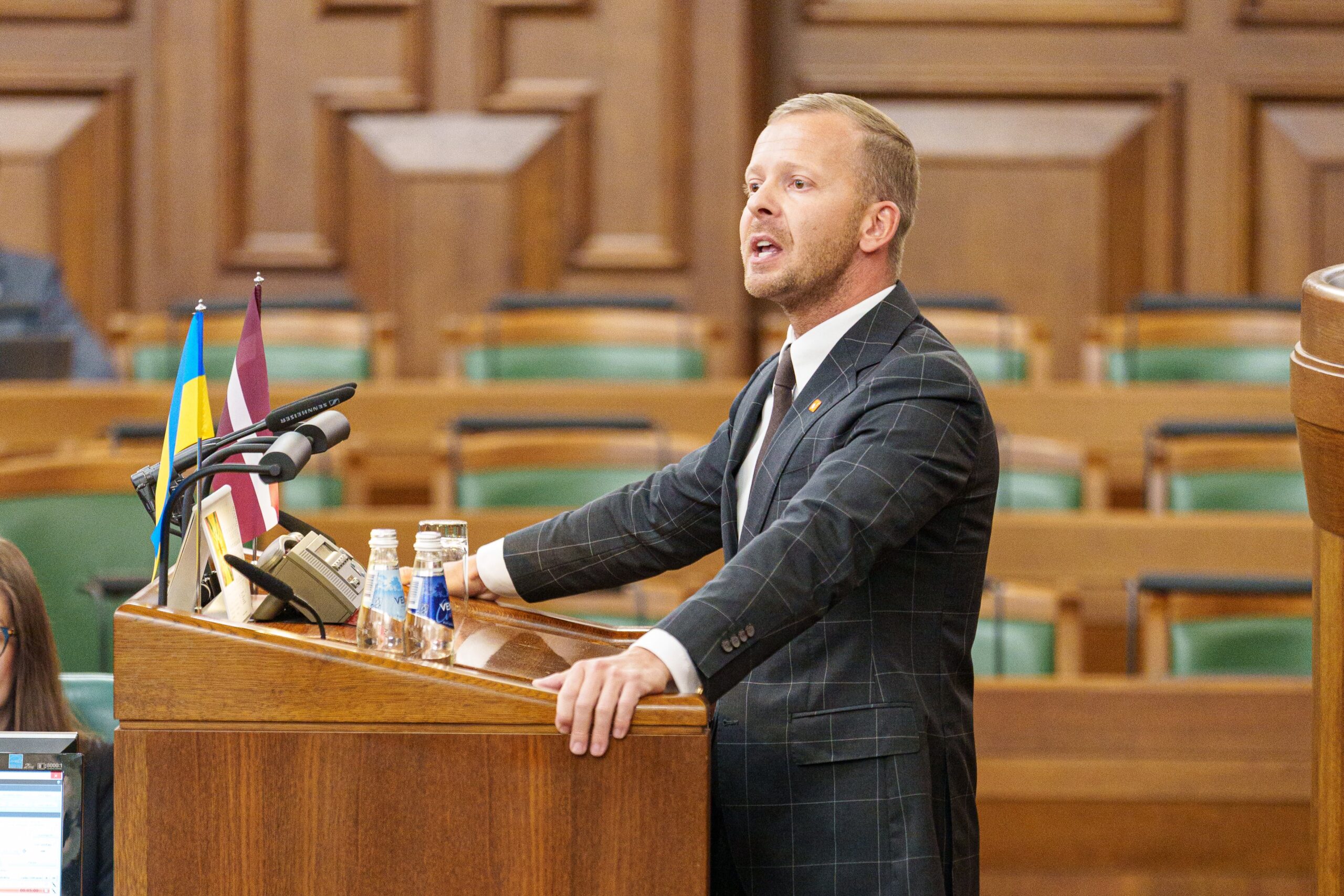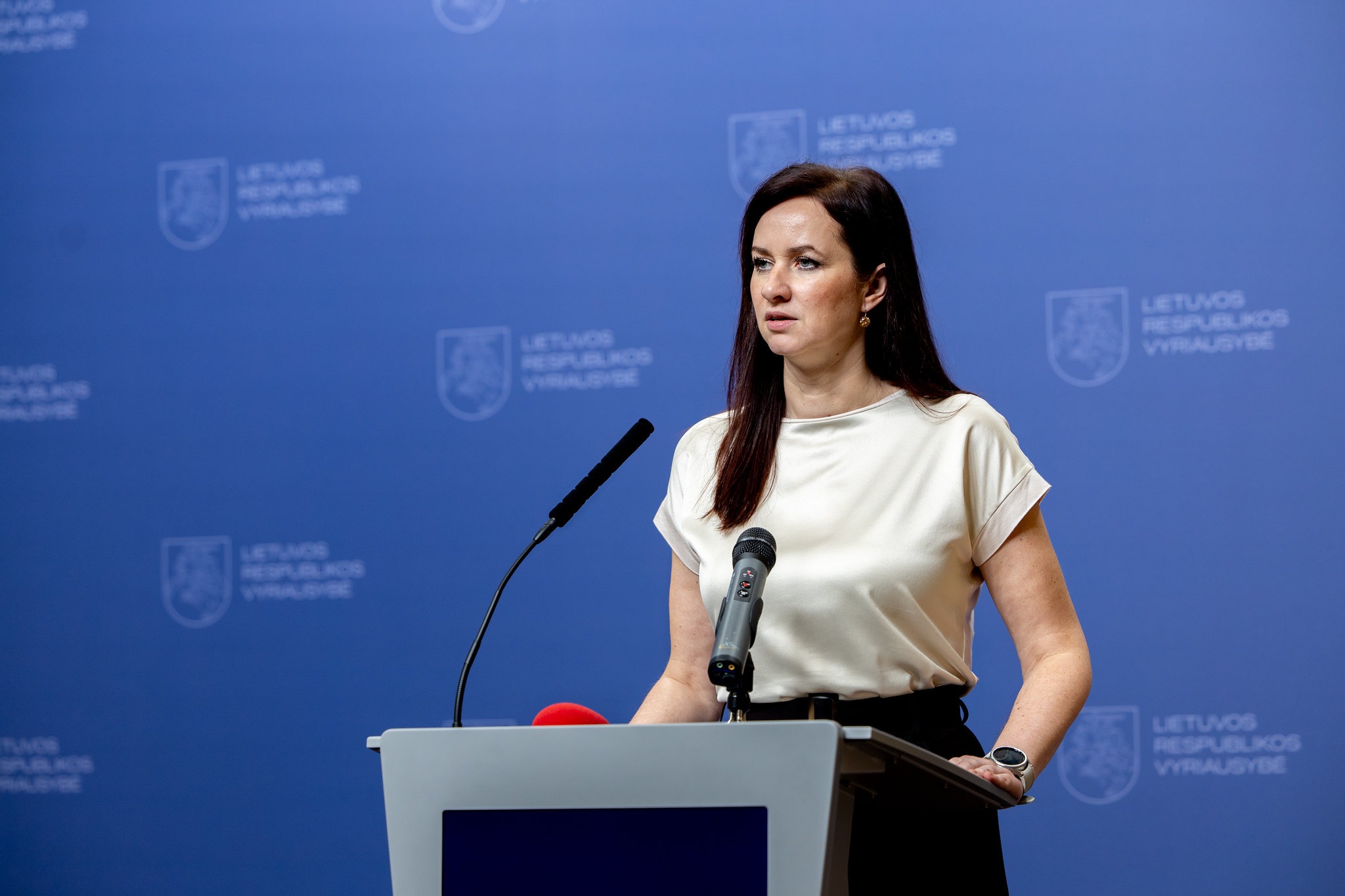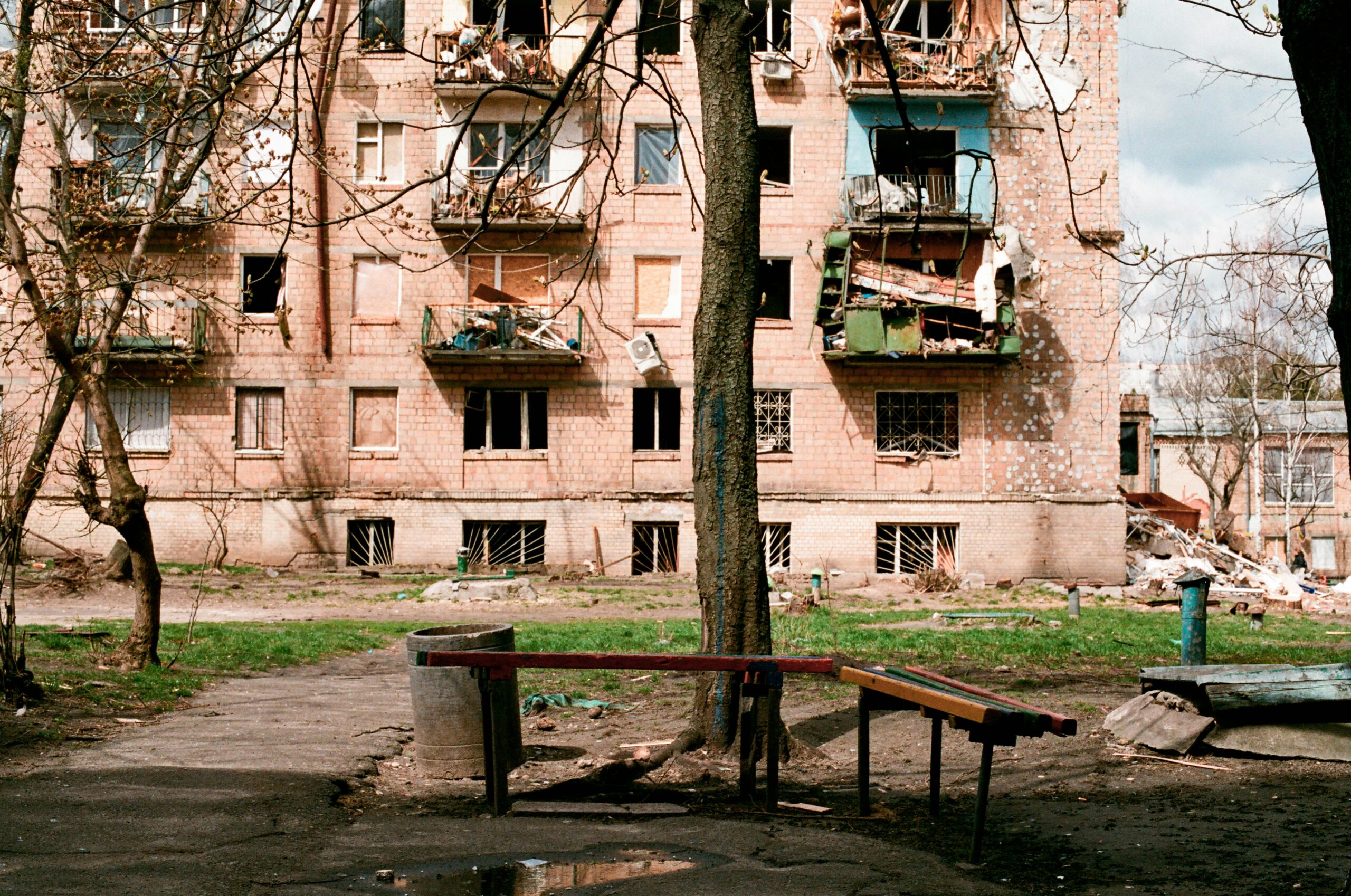
Main narratives:
- General anti-government sentiments;
- The incompetence of the current government;
- The Conservative Party is to blame for everything bad in the country.
Overview:
Over the past week, Kremlin-aligned media channels have continued to focus heavily on the formation of Lithuania’s new cabinet of ministers, with particular emphasis on the recent appointment of Ignotas Adomavičius as Minister of Culture. The announcement sparked a wave of public backlash, culminating in a large-scale protest in Vilnius, organized by cultural and civil society figures opposed to Adomavičius’s nomination. A petition opposing his appointment reportedly gathered thousands of signatures in just a day.
In response, Kremlin-aligned outlets projected an aggressive counter-narrative. They celebrated Adomavičius’s rise as a “victory against the cultural elite,” claiming that Lithuania would now have a culture minister who works “for the people, not for leftist lobbyists or satanists.” The rhetoric was highly polarising, picturing Adomavičius as a defender of traditional values poised to “stop the degradation of culture.” Meanwhile, the protesters were openly mocked, together with their “unreasonable” motives.
Particular attention was directed at public figure Andrius Tapinas, who played a key role in publicizing information that damaged Adomavičius’ public image and raised serious questions about his suitability for the appointed role. Through a series of widely shared posts and investigative content, Tapinas highlighted past statements that clearly demonstrated that Adomavičius was unfit to serve as Minister of Culture. Notably, Adomavičius himself admitted in an interview that he could not explain why he would be the best candidate for the position. Despite this, Kremlin-aligned media outlets launched aggressive attacks against Tapinas personally, portraying him as a disruptive figure and mocking his efforts.









